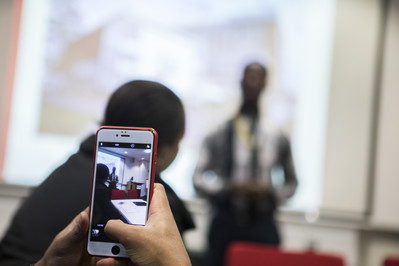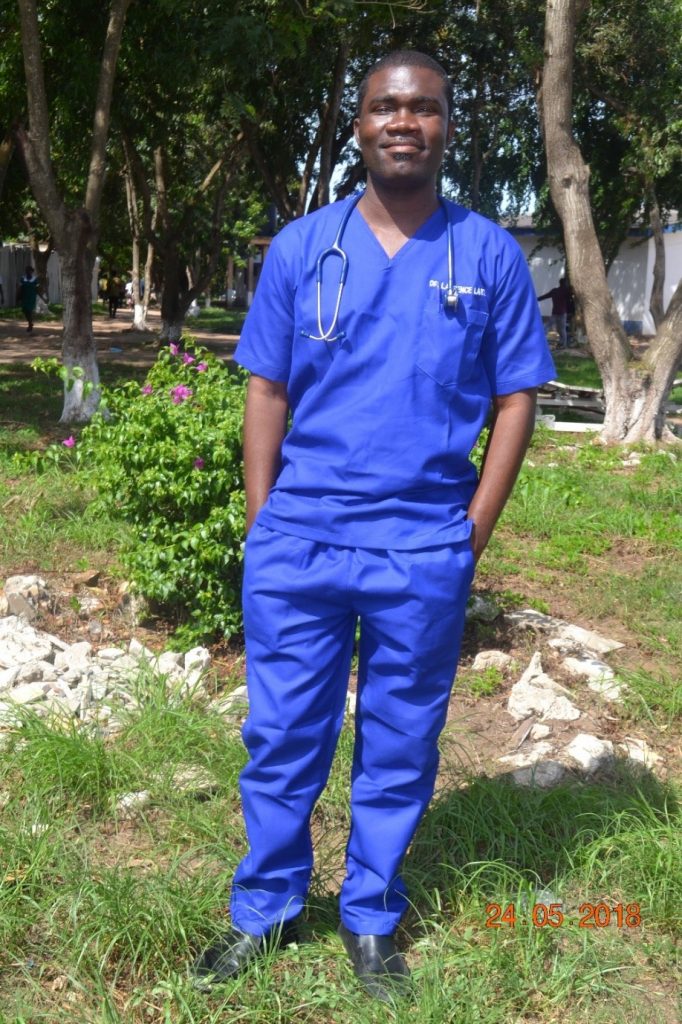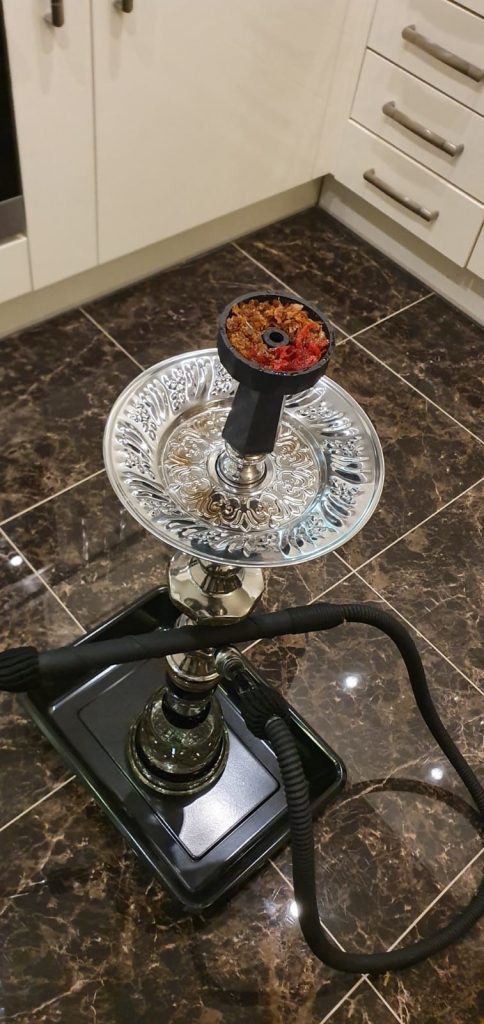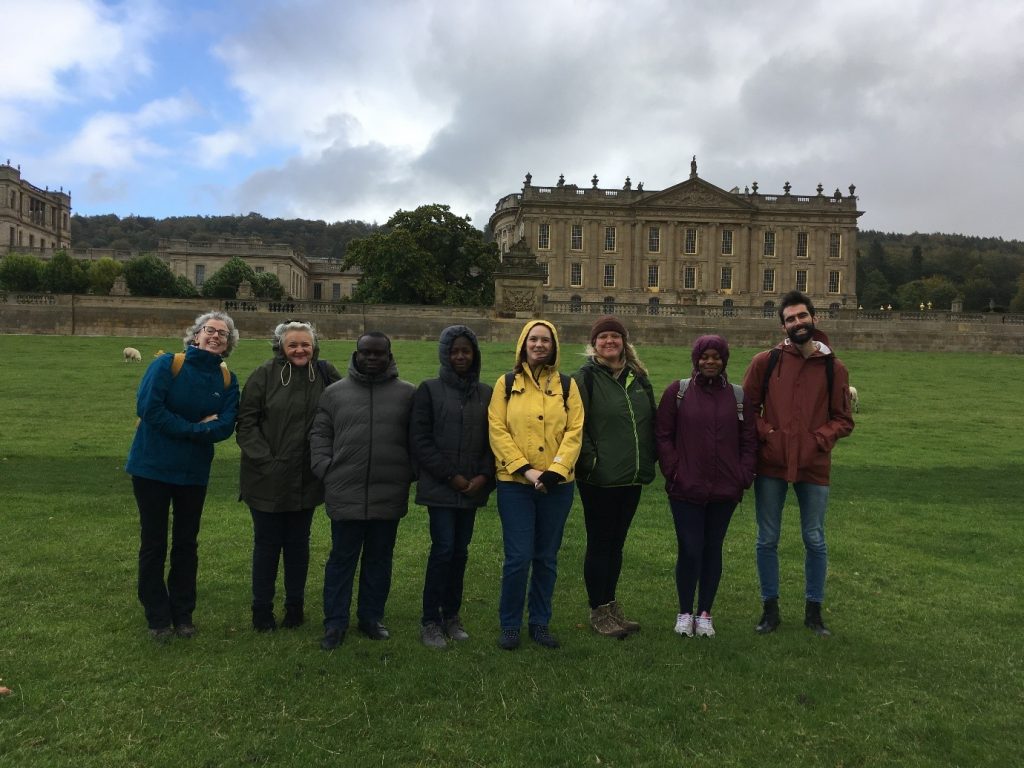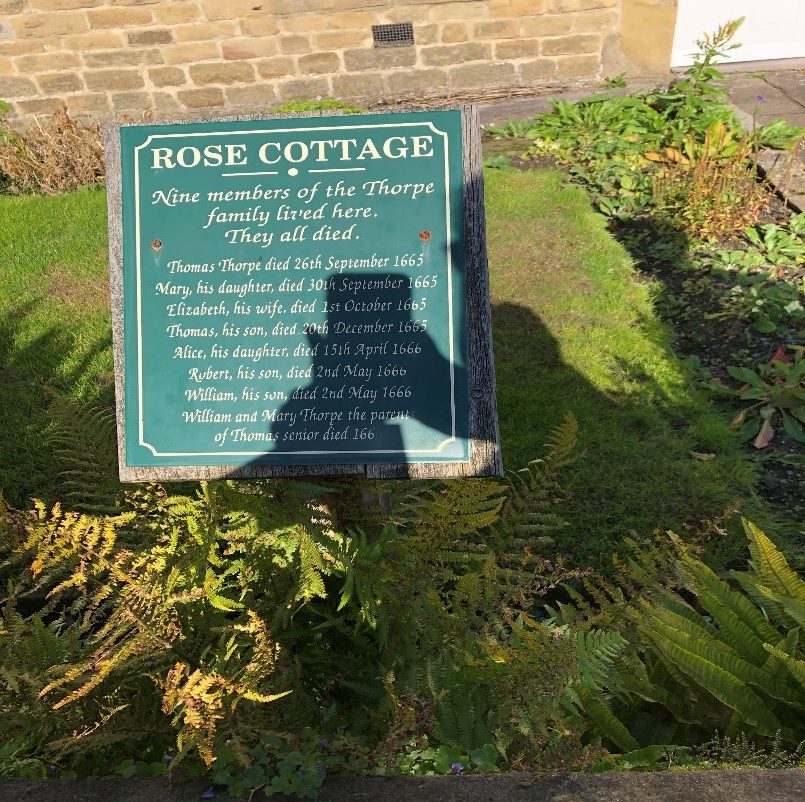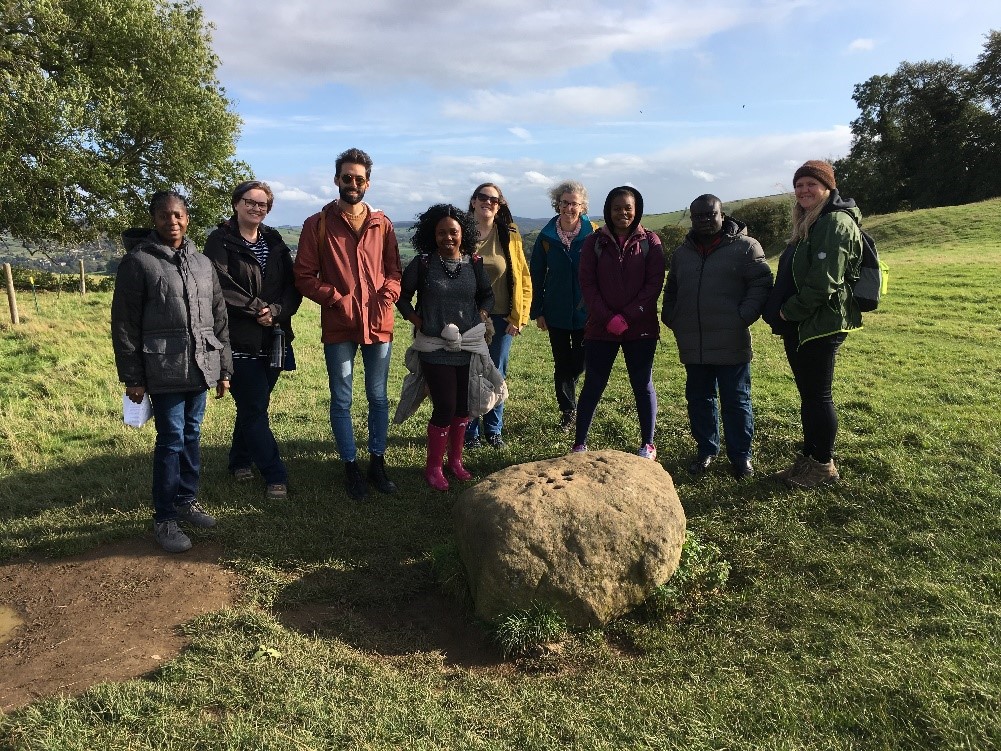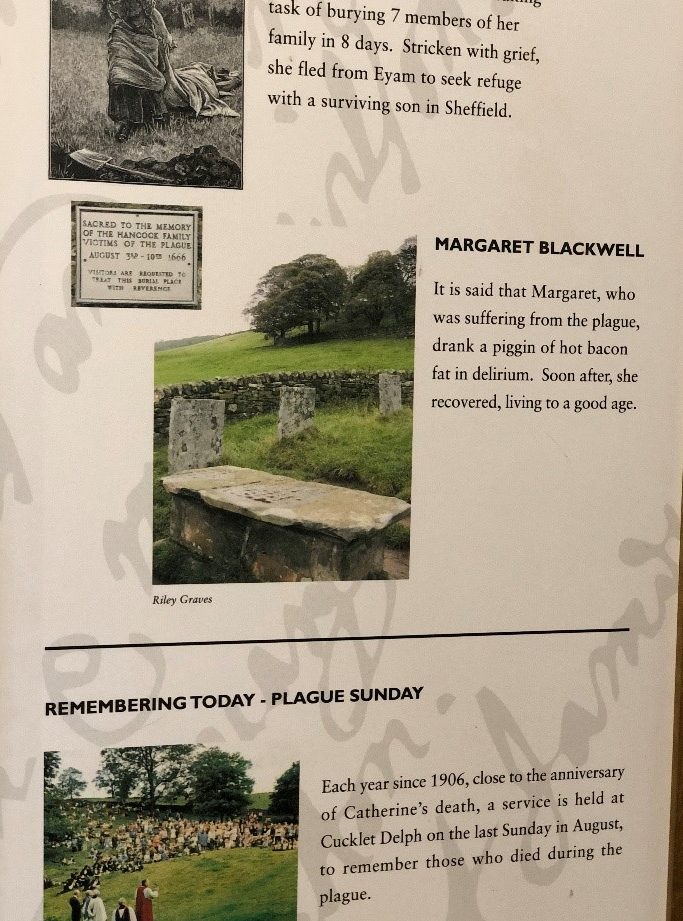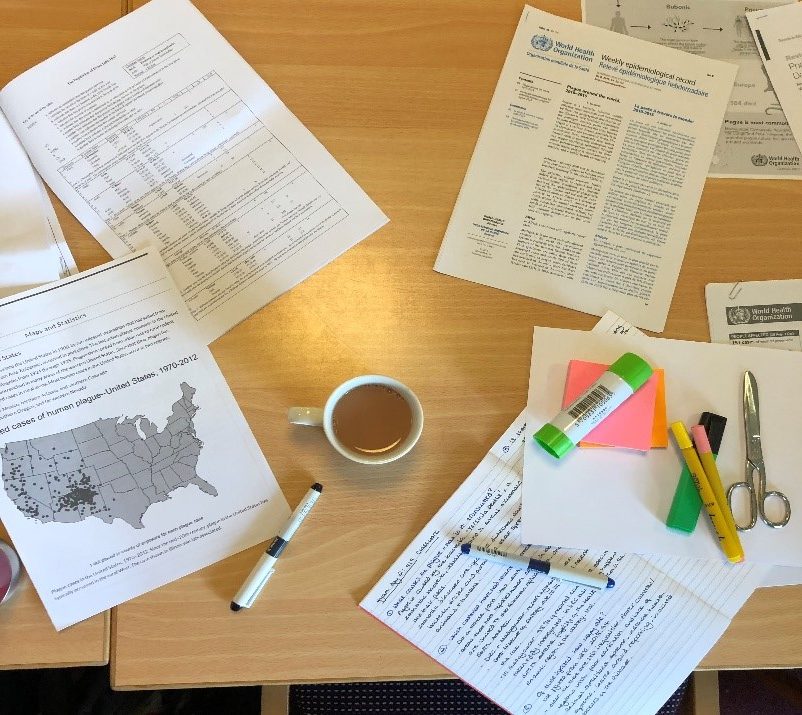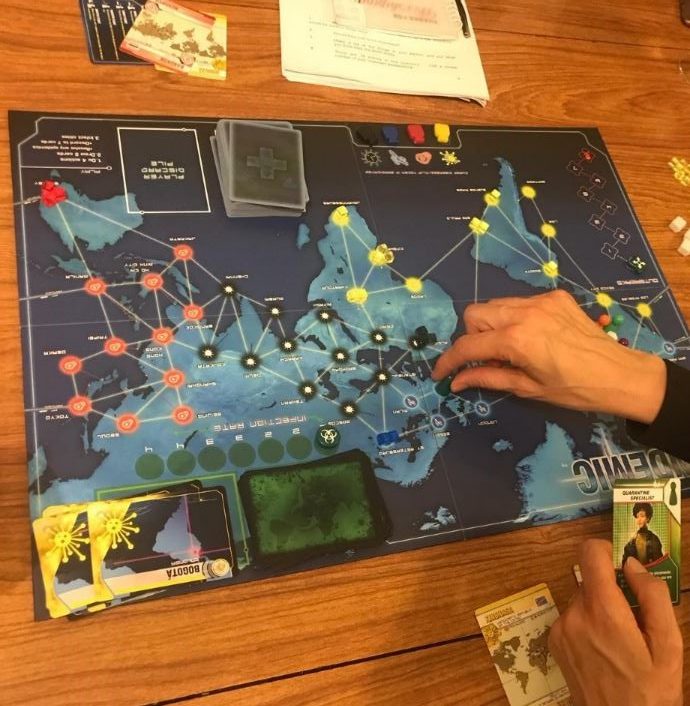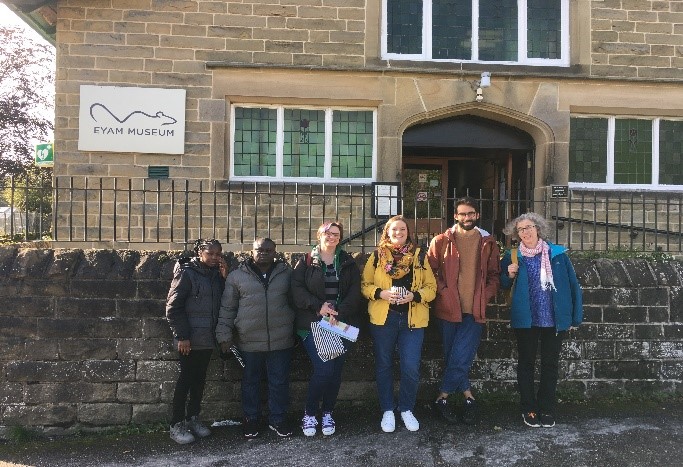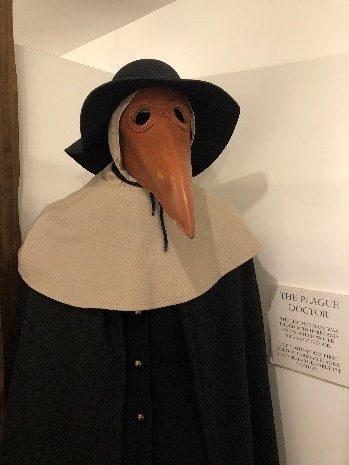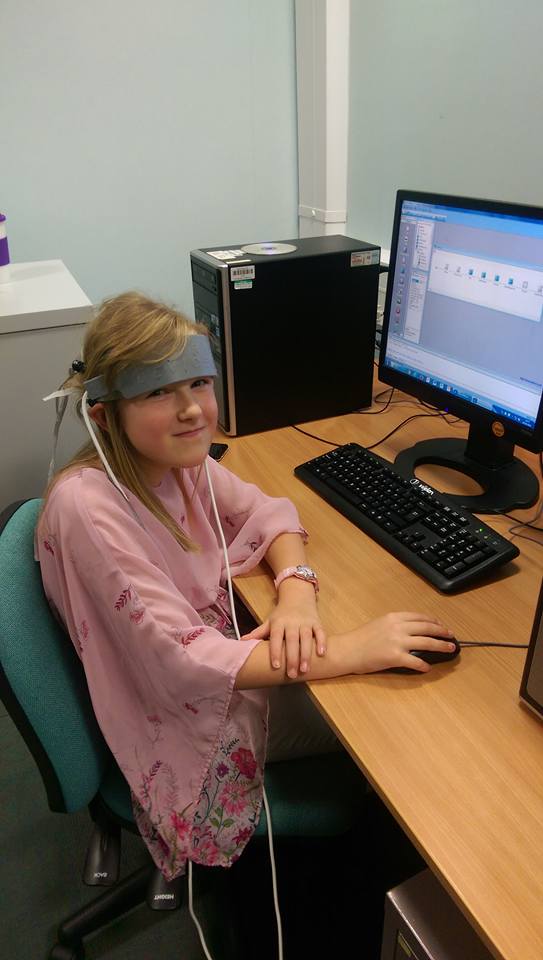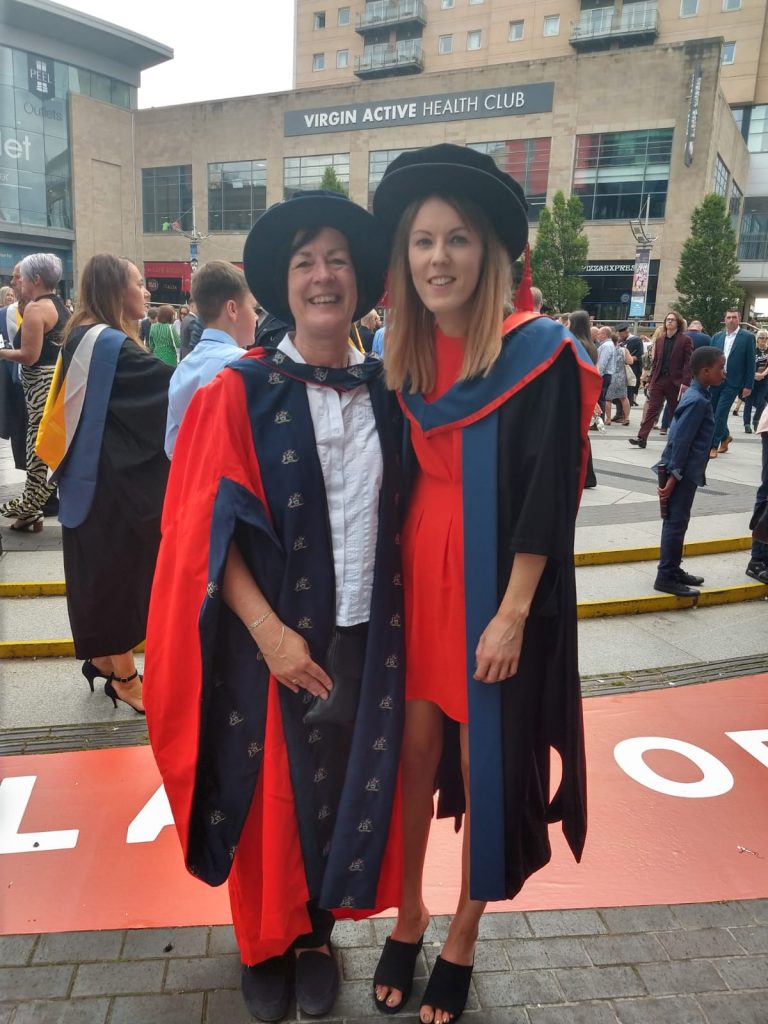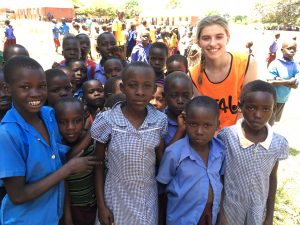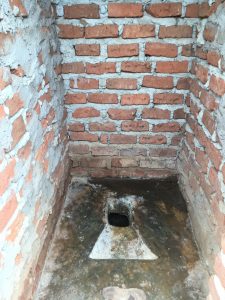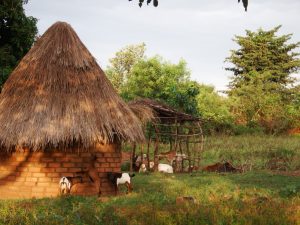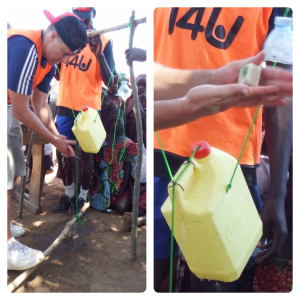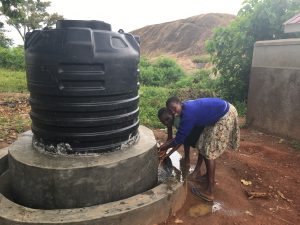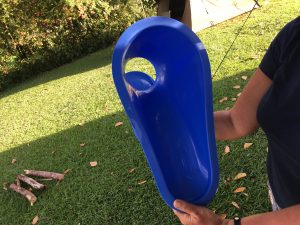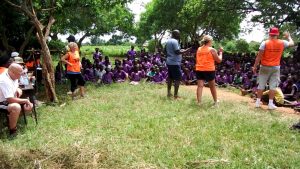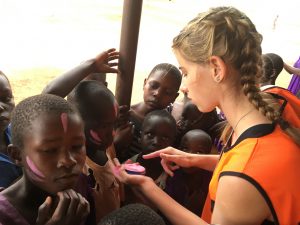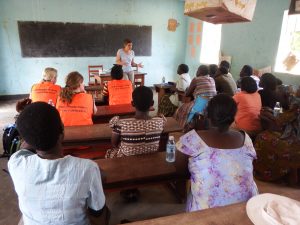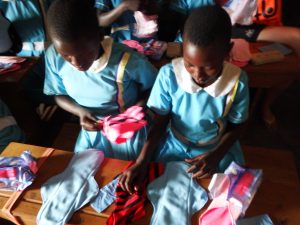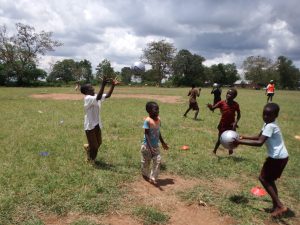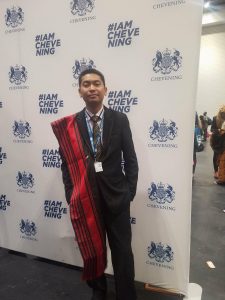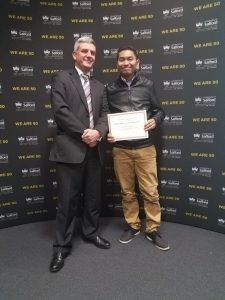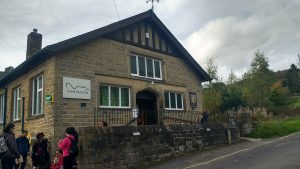
When I started the Public Health Masters programme, I knew that I was going to do my dissertation on a sexual health related issue. Working in sexual health for several years I knew there were a few issues that needed research. One such topic that concerned me was the low HIV screening uptake from women had taken priority. The issue seemed small because it had never been discussed during meetings or conferences that I had been to or watched, until I found a document that confirmed that women feel marginalised in HIV related care. The report was named ‘Invisible no longer’ and was authored by the Sophia Forum and Terrance Higgins Trust (2018). It helped me to brainstorm: (1) the aim of my dissertation; (2) how I wanted to collect the data; and (3) who I wanted to interview. During this time, I felt I won a quarter of the battle as I gradually searched for relevant details to eventually discuss with my supervisor.
A few months before any dissertation-related work was required, the lecturers organised a visit from Salford City Council public health to identify: (1) who has a project that may be helpful to them (2) provide a project or idea to those who did not have one. I liked the fact the lecturers were getting the class involved in work that could be used externally, as well as a chance to work with an organisation.

I remember being excited to start my project as I watched my idea develop over the weeks and months before even writing the first line of my literature review! My aim was to identify the barriers and facilitators of women testing for HIV outside of maternity services in the UK, since evidence demonstrated women were not screening for HIV as much as men, nor were they being offered the test as frequently. Witnessing the lack of HIV testing for women first hand, I had a feeling it could be a result of a mixture of things such as the lack of HIV health promotion for women or women having a low perception of HIV risk as well as stigma. I really wanted to collect evidence to understand why women had such a low testing uptake, but to get there I knew I needed to speak to women who were HIV positive and I knew that could be a challenge since women are rarely approached for HIV related research.

Understanding what I wanted to achieve was one thing but putting a project together was another! This is why a supervisor is very important. Your supervisor will help you to structure your project to maximise data collection as well as ideas and providing you with the necessary support you need. Don’t forget the library can help you with using journal databases so you can expand your search terms! I found that service incredibly helpful as I tried to focus on research from western countries.
Writing my dissertation started during COVID-19. Working on the frontline I now attempted to balance university work, home life (what was left of it) and work. It was incredibly hard and my headspace was all over the place. My supervisor and the university were incredibly supportive during this time and I am very thankful. As the first wave passed it was time to collect data and I ended up hitting a few hurdles for a number of reasons, but I had my supervisor to support me during this process and I was keen to understand the complexities of women testing for HIV kept me going.
Finishing the project I could not be more proud of myself, especially completing it in such an uncertain time! I never felt unsupported. Some of my classmates became friends and we supported each other. One thing I was ecstatic about is sending my report to the Sophia Forum and receiving feedback! That is rewarding in itself! In the end my project did not continue with Salford Council as COVID-19 erupted, but It did not stop me from sending my report to organisations who I felt who be interested to read my findings. I gained further feedback from them also, which ended up being submitted to an All Party Parliamentary Group HIV testing inquiry! Mega happy! Coming to the end of my blogging time, I want to say If you already have a project in mind in the early days of the course (1) brain dump as much things as possible (OneNote helped me to organise my brain chaos) and (2) gradually search for relevant things, at this stage you don’t have to worry about narrowing it down; just have an understanding of the topic, find out if it has been researched already and think about what your project could do differently (if it has previously been researched). Later on in the course you can discuss your project with your supervisor, where you can begin to narrow your ideas if necessary. Some things you may keep and others you may not, but what you have may form a framework for your dissertation, which can be half of the battle—well maybe a quarter of the battle! If you do not have a project I would recommend to find something that will keep your interest! There may be times when you do not want to write and it may sound cliché but my passion kept me going!



